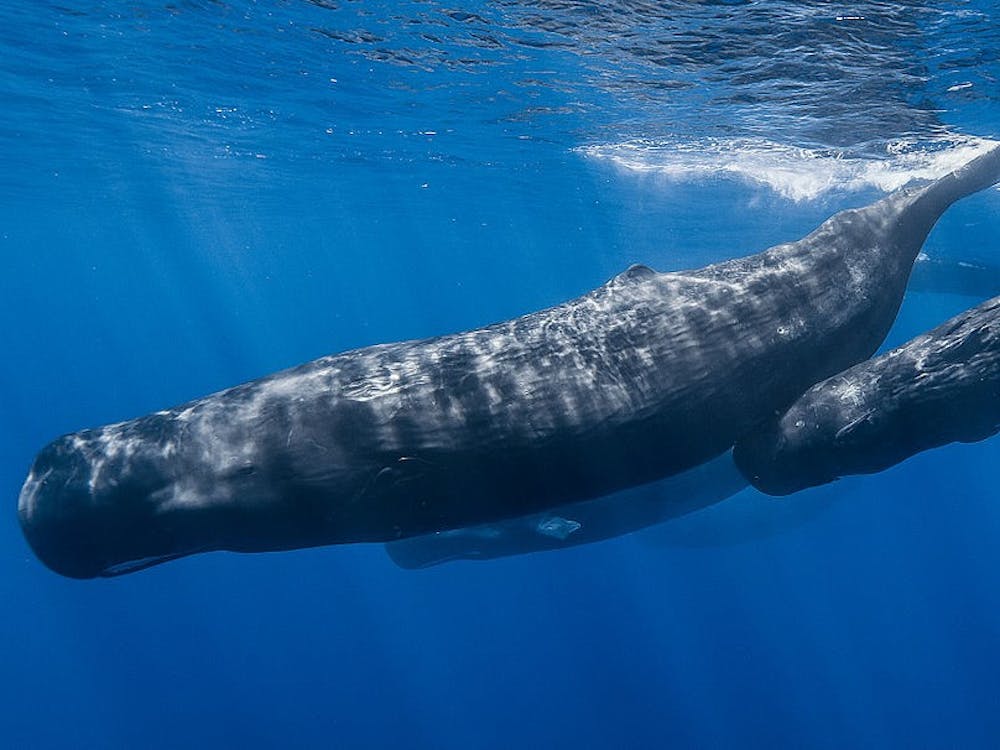Intuition would suggest—since cancer is a result of abnormally acting or malfunctioning cells—that animals with more cells would be more predisposed to cancer, having more opportunities for mutations. Oddly enough, that isn’t the case.
Despite their high cell-count, larger animals have lower rates of cancer than organisms with comparatively lower counts, a phenomenon first discovered by Richard Peto, professor of medical statistics and epidemiology and co-director of the Clinical Trial Service Unit and Epidemiological Studies Unit at Oxford University. Since his finding, Peto’s Paradox has been puzzling researchers for decades. Peto found that despite mice being smaller than whales or humans in size and cell count, they developed cancer at relatively similar rates.
Serene Cheng, Trinity ‘19, was intrigued by this apparent paradox and decided to explore it in her senior thesis. Cheng could not be reached for comment in time for publication.
Cheng worked with Jason Somarelli, a medical instructor at Duke School of Medicine and the director of research for the Duke Comparative Oncology group. Somarelli has been researching marine oncology since 2007 and has been a Duke faculty member since 2017.
“If you do the math on the number of cell divisions you have to go through to create a large animal versus the number of mutations you should get due to cell divisions, any animal as large as a whale should have cancer before reproductive age,” Somarelli said.
Cheng based her research on preliminary studies of cancer done by Joshua Schiffman, professor of pediatric hematology/oncology at the University of Utah. Schiffman and his team studied the tumor suppressor genes in elephants and found that elephants’ DNA contains extra copies of the gene coding for a key tumor-fighting protein, a mechanism that might be protecting elephants from higher cancer rates.
Cheng and Somarelli shifted their research toward whales for multiple reasons.
“We chose whales because they are big, long-lived and dive underwater,” Somarelli said. “There are other things we can learn about adaptations to hypoxia, [a type of oxygen deficiency] and DNA damage as a consequence to the low-oxygen conditions.”
As part of her senior honors thesis, Cheng designed an experiment and performed computational research, looking at data comparing different mutations in the p53 tumor suppressor gene found in whales. She found that, based on her analysis, some of these p53 mutations, occurring naturally in whales, would have dramatic effects on humans if introduced to and expressed in their cells.
“Cheng’s research could tell us about the biology of adaptation and may, in the long-term, help to identify mutations in genes like this that are really driving cancer rather than just ‘passenger’ mutations,” Somarelli said. “We could use cross-species analysis to identify what mutations are most likely to be functionally important or unimportant.”
Cheng’s research will be continued by another researcher at the lab, senior Mallissa Vuong. Voung is working on introducing whale p53 genes into human cells to see what happens.
Get The Chronicle straight to your inbox
Signup for our weekly newsletter. Cancel at any time.

